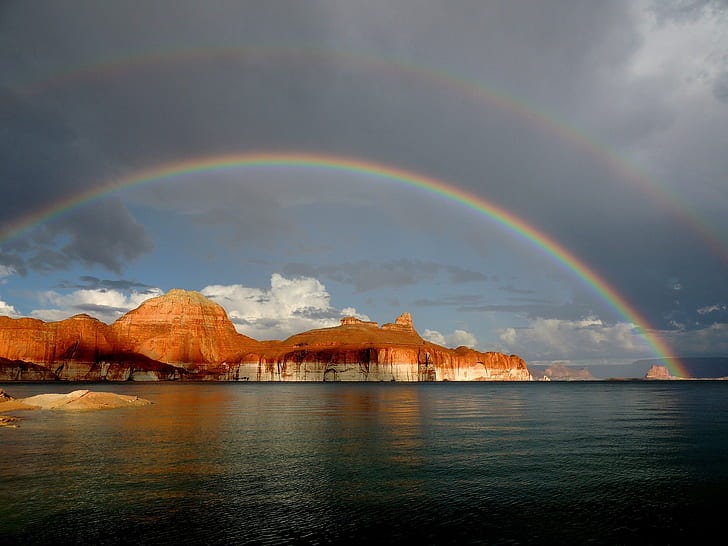Conservative Climate Policy
One side of the aisle shouldn't be allowed to own the climate policy issue, especially when free market innovation could be the most beneficial path to true solutions.

Climate policy is unfamiliar territory for many conservatives. But the field for too long has been left to just one side of the political spectrum. The hesitation is understandable. Many approaches to climate change sound like a conservative’s nightmare - government regulation, degrowth, declining access to energy, and global agreements. But free-market solutions exist. We just haven’t talked enough about them.
Conservation is conservative. Leaving an environmental debt to our children is no more acceptable than leaving them a growing fiscal debt. Conservatives need to be at the table and proposing ideas based on principles of accountability, transparency, free markets, and limited government. If they don’t, then all we’ll get are ideas from the left.
Hard truths—climate change is real, it’s caused by human activity, and it’s a threat to our well-being. We’ve understood the basics since the 1850s and the issue isn’t going away. There is still plenty of uncertainty about specific effects of climate change, but that uncertainty is not reassuring.
There is plenty of good news as well. The U.S., along with many other developed nations, is cutting our emissions while growing our economy. On an absolute basis, we are cutting our emissions faster than any other country. The cost of clean energy is falling rapidly, investment in U.S. battery manufacturing is skyrocketing, and we just commissioned the first new nuclear reactor design built in the U.S. in the last 40 years.
More good news—to accelerate this progress, the most pressing policy need right now is not regulation; it’s de-regulation. Environmental permitting reform is something conservatives have championed for years. A growing coalition of climate hawks on both sides of the aisle is frustrated that it simply takes too long to get things built in the U.S.
The market wants to build clean energy, but in many cases it is mired in permitting bureaucracy. The SunZia transmission line across New Mexico and Arizona just received its final approvals. It took seventeen years for it to go through the process. An accelerated permitting process does not have to mean gutting environmental review. It means streamlining the process so we can get to a yes or a no sooner, and having more certainty once we get there.
Permitting reform is breaking old political coalitions and forming new ones. That’s a good thing. We’ve been stuck in our tribal camps for far too long, and we’re past due for a shakeup. Acknowledging climate change does not have to mean signing on to every policy proposal from the left. Conservatives can own the permitting issue and be assured they’ll have some partners across the aisle on it.
On global emissions, we are moving past the idea of binding international agreements and towards carbon-based trade policy. Europe has an internal carbon market to reduce domestic emissions. They are preparing to levy a border adjustment on carbon-intensive goods entering the E.U., and they’ll be entirely within their rights to do it.
Countries with a carbon advantage will benefit from these climate trade policies, and the U.S. produces goods with one of the lowest carbon intensities in the world. The PROVE-IT Act, a bipartisan bill released in June, would lay the groundwork for future U.S. policy linking trade and emissions by accurately quantifying that carbon advantage.
The Republican Party is losing young voters on this issue. Polling consistently shows climate change to be a top issue among young people in both parties. There is no shortage of conservative ideas, but Republican legislators have mostly shied away from the topic. It’s time to step up with strong, level-headed solutions and claim that space.
Tom Moyer is a robotics engineer, former science educator, and climate activist. He is the State Coordinator for the Utah Citizens’ Climate Lobby. @TomMoyerUT



